2 min read
Gospel-Centered from the Start
“Let us hold unswervingly to the hope we profess, for He Who promised is faithful…Jesus Christ is the same yesterday, today, and forever.” (Hebrews...
5 min read
 Barbara Comito, former marketing director
:
December 20, 2016
Barbara Comito, former marketing director
:
December 20, 2016
In her last post, Barbara revisited what the Bible says about God's instruction for us to "love the poor." Here, she digs deeper into what that phrase means.
Love the poor. Three simple words, and the middle one is a non-starter, so two words – “love” and “poor.” Doesn’t seem terribly complicated, and yet, the more I think about those words, the more trouble I have articulating exactly what they mean and what we are being asked, perhaps commanded, to do.
For this post, part 2 in a series, I’d like to focus on the first word – that four-letter, overused, power-packed word: “love.”
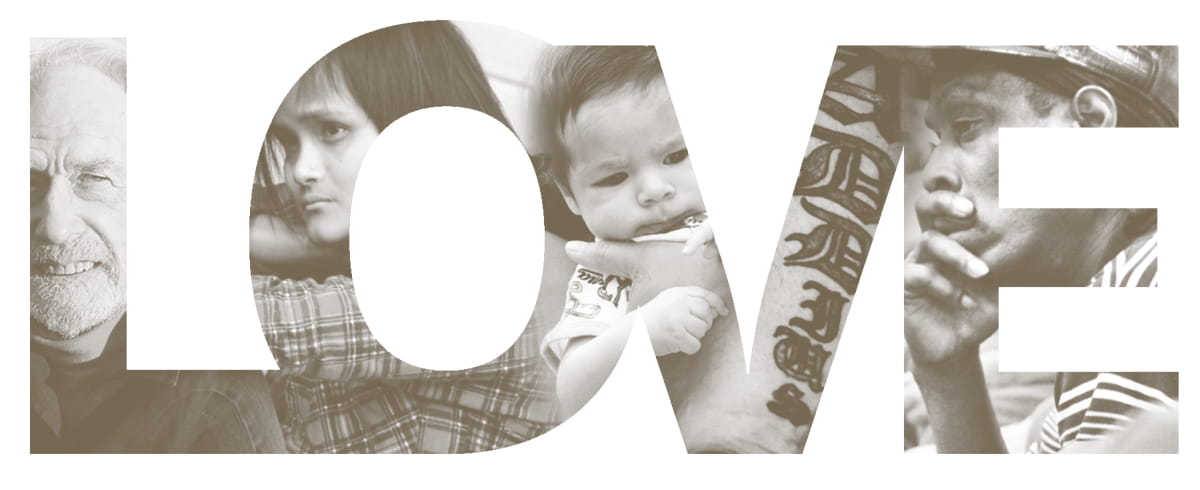
And I’d like to start by telling you a story where this word “love” and its meaning play a starring role. To complicate things further, no one in this story is “poor,” at least not in the commonly understood meaning of the word, and yet, for reasons I hope will become clear, the story seems particularly appropriate.
Several years ago, completely out of the blue – like, we do not talk for years at a time “out of the blue” – I got a call from one of my cousins. He was phoning, he said, for no other reason than to tell me he loved me.
Nice, right?
Only, it didn’t feel nice at all. Clearly, the expectation was that I would reciprocate and tell him I loved him too. I couldn’t. I felt bad that I couldn’t, but for me, words carry huge weight. I never want to treat them cheaply or casually, especially a word as complicated as “love.” I told him I wasn’t sure what he meant when he said that, and I wasn’t sure what I would mean if I said it in return. Cue hurt feelings, calls to my dad, and snide comments on social media. In other words, cue drama. In fact, literal years of drama. Lots and lots of drama.
![AdobeStock_37196931-[Converted].jpg](https://blog.uniongospelmission.org/hs-fs/hubfs/AdobeStock_37196931-%5BConverted%5D.jpg?width=670&height=670&name=AdobeStock_37196931-%5BConverted%5D.jpg)
Some background: This particular cousin (I’ll call him Jonathan) and I have never been close. I grew up in Nebraska. He grew up down south. His dad and my dad are brothers, but they rarely communicate. We saw each other on Christmas occasionally, but that’s about it – until Jonathan came to live with my parents. Things had fallen apart in his life. He was looking for a fresh start. My brothers, sister and I had all married and moved out. My parents were empty nesters in a college town, and Jonathan wanted to go back to school. My mom was undergoing chemotherapy and radiation for recently diagnosed breast cancer, and she could use the company.
In some ways, Jonathan was delightful. He cooked for my mom, and they would hang out in the kitchen together talking and laughing. My dad’s not a big communicator, and my mom loved to talk, so Jonathan fulfilled a social need at a time when Mom didn’t feel like getting out much. He also lied and took advantage and snuck around behind their backs. In the end, he destroyed everyone’s trust and left under a cloud.
That’s the back-story. Jonathan and I had little other interaction for almost two decades. I moved even farther away from him and stayed home raising children for 16 years while he led the bachelor life. And then one day, without warning, he calls me to tell me he loves me. And I do not say it back.
Fast forward to February 2016. My youngest daughter is in intensive care. A type 1 diabetic, she had diabetic ketoacidosis (DKA) and almost died. They were pumping her full of fluids and electrolytes, but her body was not responding. I kept my family posted via social media. Jonathan made a comment on one of those posts, saying, “You might not care about me, but I care about you and what’s happening with your daughter.” Keep in mind that I was worried and sleep deprived, but now, I was also furious. I messaged him to say, “How can you possibly make this about you?” He kept it coming, until finally, he told me to “Rot in hell, [expletive]!”
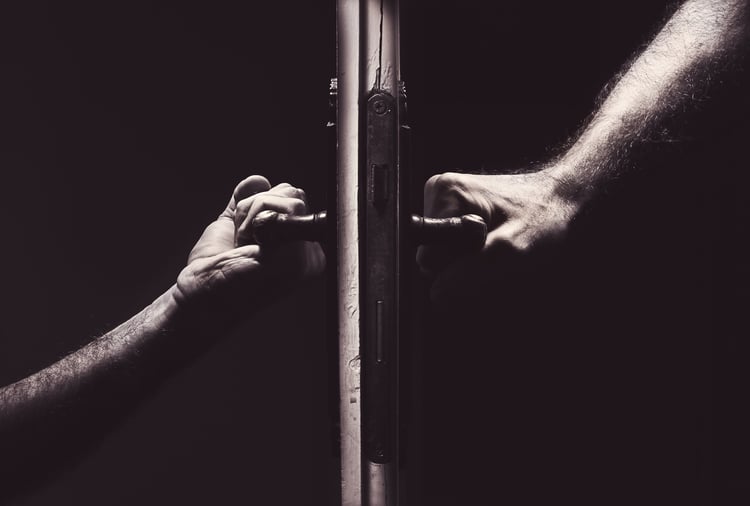
Love. God commands us to love. Love the poor. Love our neighbor. Love our enemy.
Shortly after my daughter got out of the hospital, we posted a story on this blog about a guy who was finishing our long-term recovery program. He was just two months from graduation. His mom posted a comment on that blog: “Well, he has you guys conned. If he has changed for good, I’d be shocked. He is a really good liar. I should know, I’m his mom!” She went on to describe how he had stolen her medications and forwarded all his bills to her and finished with this: “I’d need to see proof of a good 5 years of getting his act together because he screwed up time after time after time.” We didn’t publish the comment or show it to the gentleman, but it really made me think.
A few weeks later, he relapsed and was asked to leave the program. It appeared that he had been lying to staff for quite some time.
Love. "Love your enemies. Bless those who curse you. Do good to those who hate you. And pray for those who spitefully use you."
We will discuss this more in the next post in this series, but when UGM asks you to love the poor, the poverty often goes way beyond a lack of money in their bank accounts. Many of them have committed felonies, assaulted other people, stolen, lied, cheated. Most have deeply hurt the people who love them. Over and over again. In so many cases, our guests have committed the kind of abuse and neglect that was once directed at them.
I looked at these two stories side by side – my experience with my cousin and this mom’s lifetime interaction with her son – and I decided I really cannot ask you to do something I cannot do myself. The hurt my cousin caused me is minor compared to the damage this son had done to his mother and other family members. It is minor by almost any comparison, and so …
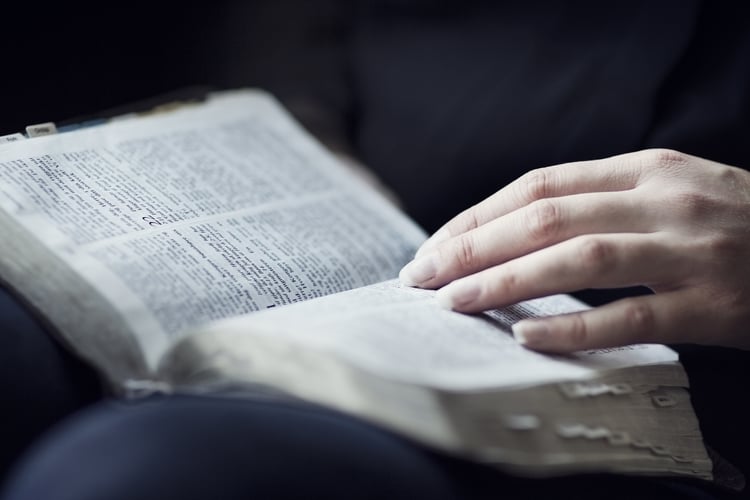
I must love Jonathan. For me, that starts with forgiveness. I cannot hold his wrongs against him. I must try to see him, understand him, listen to him, and be intentional in showing him that I care about him. I don’t think I’m required to open my social media accounts to him or excuse his vulgar language and behavior, but I must be able to tell him, “I love you” and mean it.
When I ask you to love the poor, here’s what I think I’m asking (I’m very hesitant to speak for God, but I think he’s asking you to do this, as well): See the people who come through our doors – homeless, felons, addicts – as people first, fellow human beings created in the image of God. “Each one was born. Each one has a mother and a father. They eat. They drink. They have personal stories and experiences full of pain and joy.” (Thomas Christianson, Relevant magazine, August 10, 2015)
When we see them as human beings first, you and I are forced to recognize that they are so much more than their past mistakes, their offenses, the labels they carry. I do not want to be defined by my worst moments and character weaknesses. I need to extend the same grace I crave to those around me.
Seek to understand. Many of the people who come through our doors are suffering from multiple Adverse Childhood Experiences. Some suffer from mental illness. Some may have done terrible things and made serial bad choices. They still deserve compassion.
Forgive them. Pray for them. And, if you have the means and are so called, give so that they might have food, shelter and all the resources for a new life.
I think that’s what it means to love the poor.
For more on this topic, download our free e-book, God Loves the Poor.

2 min read
“Let us hold unswervingly to the hope we profess, for He Who promised is faithful…Jesus Christ is the same yesterday, today, and forever.” (Hebrews...

9 min read
To celebrate 75 years of serving the Inland Northwest, we are spending the year remembering our history and the faithfulness that built us and...

2 min read
In 2026, Union Gospel Mission Inland Northwest is approaching our 75th Anniversary! This is a milestone that invites gratitude and reflection, and...
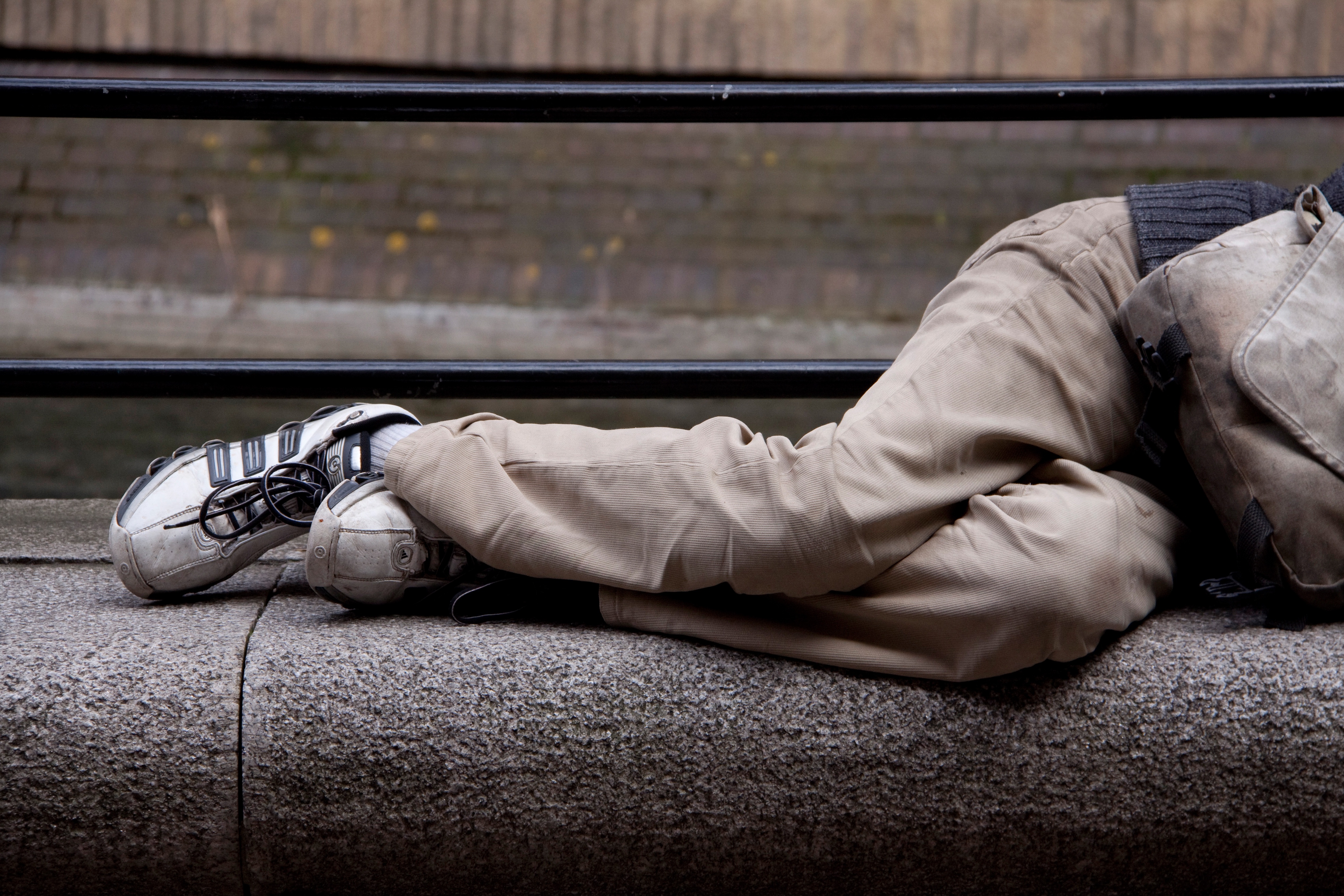
Editor's note: This is Part 1 in a three-part series about loving the poor. Part 2 explores the meaning of the word "love"in this context, and Part 3...
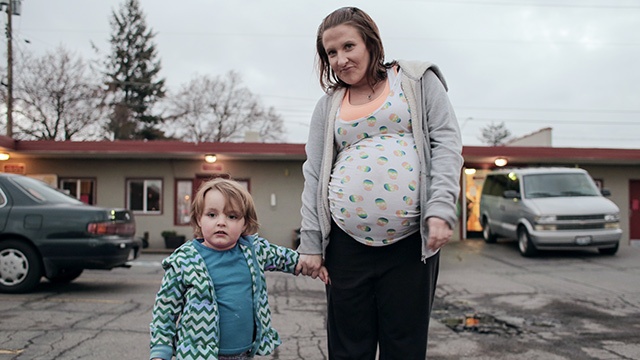
This is the third part of a series by UGM Marketing Director Barbara Comito. So far in this series, we’ve pretty well established that God does...
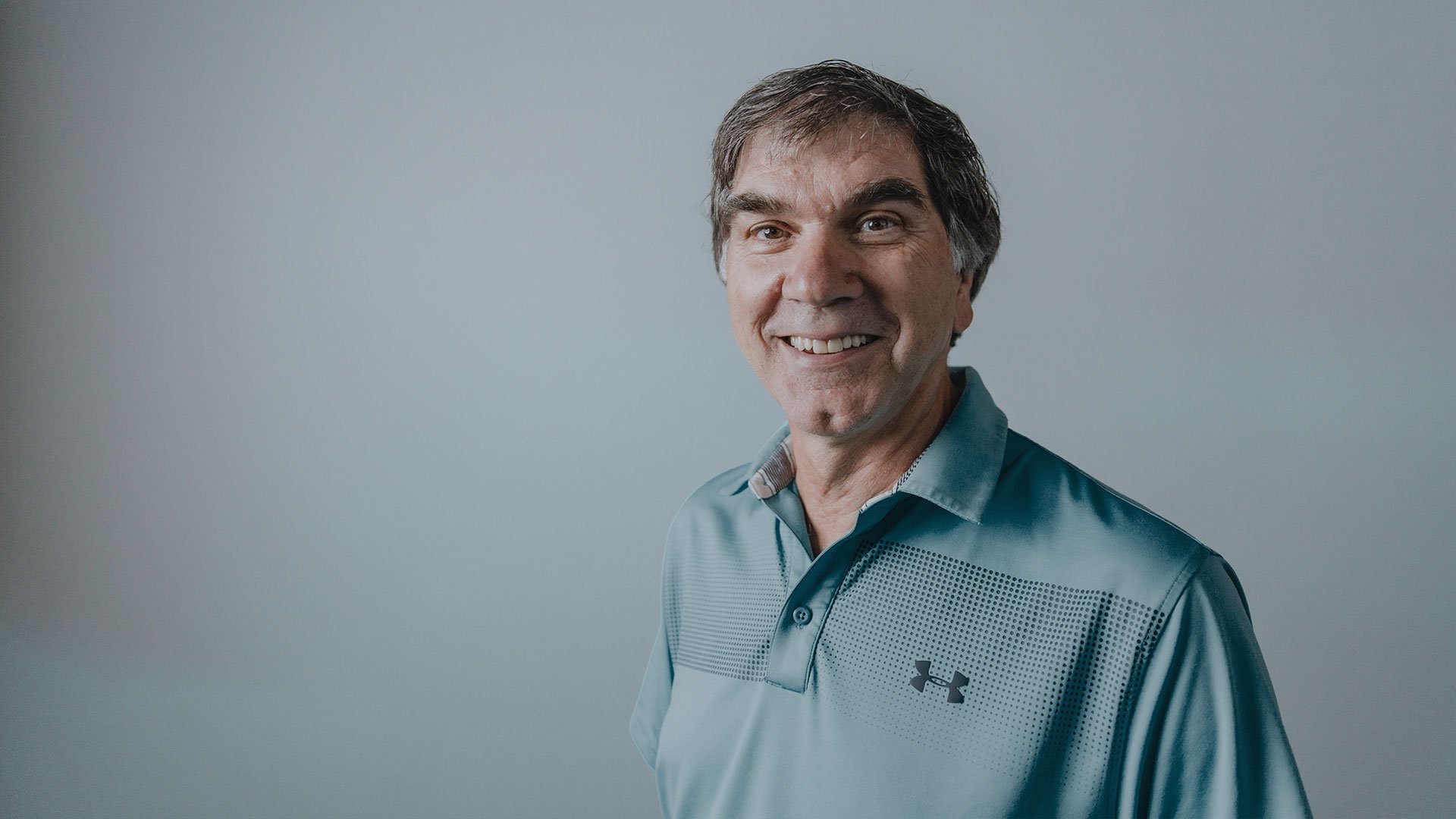
“As one whom his mother comforts, so I will comfort you.” (Isaiah 66:13) For the past ten years, I’ve been teaching the UGM women’s Bible study. I...